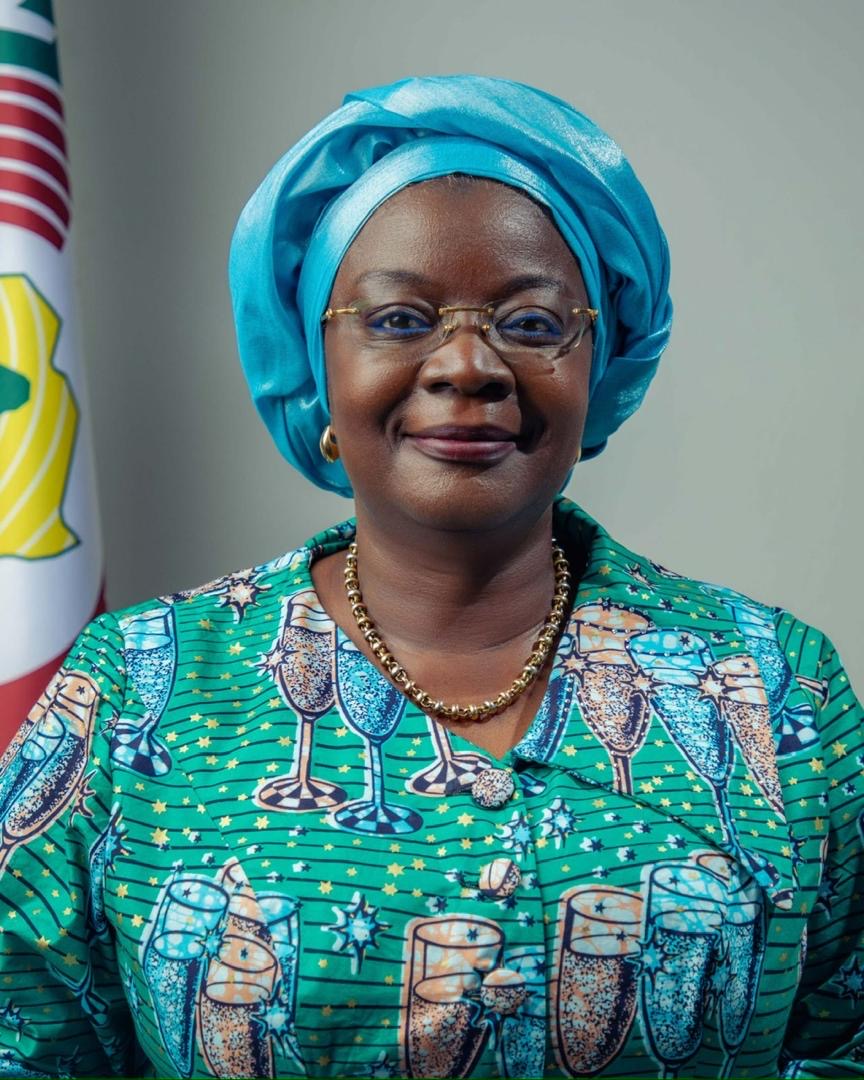By Mark Longyen
The Economic Community of West African States (ECOWAS) is soliciting coordinated collaborative regional response from member states to tackle plastic pollution which it has identified as a “transboundary challenge”.
Mrs Massandje Toure-Litse, ECOWAS Commissioner, Economic Affairs and Agriculture, said this at the World Environment Day celebration on Tuesday in Abuja with the theme: “Together, We Can Beat Plastic Pollution.”
Represented by Mr Bernard Koffi, ECOWAS Ag. Director, Environment and Natural Resources, she described the challenge of plastic pollution as a “global, regional and national crisis.”
She affirmed ECOWAS’ commitment to addressing the persistent challenges of plastic pollution by adopting the 2023 Regulation C/REG.17/12/23 on plastics management.
According to her, tackling the challenges requires member states to harmonise regulations on plastic products and adopt best practices in plastic waste management.
She stated that ECOWAS is prepared to support member states to harmonise environmental standards and promote green industrialisation.
Toure-Litse, therefore, urged member states to address the menace of plastic pollution collectively and urgently, adding that ECOWAS Vision 2050 identified environmental sustainability as a pillar of inclusive development.
“There is growing recognition that plastic pollution is a transboundary problem that requires a coordinated regional response.
“Tackling plastic pollution is a test of our resolve to act together, as governments, private sector actors, civil society, and citizens.
“To this end, a draft regional plastics management plan has been developed with support from the World Bank,” she said.
She said that the theme for this year’s celebration, which coincided with ECOWAS’ 50th anniversary, resonated deeply with regional priorities.
“It is fitting that in this landmark year, we reaffirm our commitment to a clean, resilient, and sustainable environment for future generations,” Toure-Litse said.
She further disclosed that West Africa generated nearly 8 million metric tonnes of plastic waste yearly, noting that it would rise by 52 per cent in five years’ time.
Toure-Litse said more than 80 per cent of plastic waste was poorly managed in West Africa, and this adversely affected human health, ecosystems and blue-economy sectors such as fishing and tourism.
The commissioner, however, noted that the challenge was not insurmountable because innovative approaches were already underway across the entire West African subregion.
She listed such approaches to include the scaling up of circular economy initiatives by Ghana and Nigeria, and plastic bag bans and extended producer responsibility frameworks introduced by Senegal and Côte d’Ivoire.
“We call upon all stakeholders in the region to invest in eco-innovation and plastic alternatives; and support community-led waste management solutions.
“They should also strengthen enforcement of environmental regulations; and foster youth-driven climate action, because the future belongs to them.
“The ECOWAS Commission remains resolutely committed to working alongside member states to beat plastic pollution,” she added.
Also speaking, Balarabe Lawal, Nigeria’s Minister of Environment, said the event’s theme resonated with a global urgency that cannot be overstated because plastic pollution was an environmental, economic, and public health crisis.
“Every minute, plastic waste is being dumped into our oceans, rivers, and drainage systems, endangering wildlife and contributing to flooding in our urban centres.
“Like many other nations, Nigeria faces significant challenges in managing plastic waste, and we are taking decisive steps to address plastic pollution at all levels.
“This is a fight for the preservation of our ecosystems, the future of our children, and the survival of our dear planet,” the minister said.
The News Agency of Nigeria (NAN) reports that the World Environment Day, an annual event that is celebrated globally, was jointly organised by ECOWAS and the Ministry of Environment.(NAN)
(Edited by Emmanuel Yashim)









